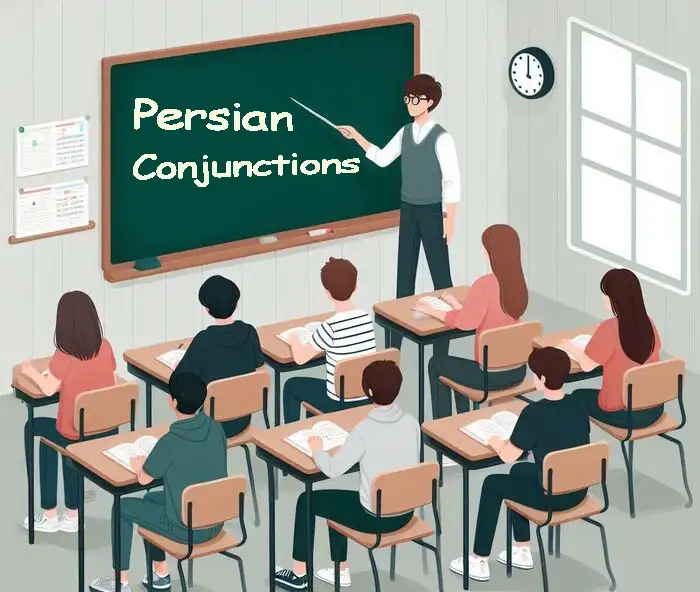Adverb Clause in English Adverb Clause in English The Outline of This Lesson on Adverb Clause in English https://www.youtube.com/watch?v=DukHDguXCP0 What is an adverb clause? An adverb clause is a dependent clause or subordinate clause in English, which is the opposite of an independent clause. In a compound sentence, both the independent clause and adverb clause are closely related to each other to show a particular function. Different Functions of an Adverb Clause in English Reason because (subordinate conjunction) I had to stay up so late last night because I had to study for the exam. since (subordinate conjunction) Since it was raining, ...
Home » English Grammar Lessons with Videos » Adverb Clause in English

Adverb Clause in English
Updated: by Dr. Mohammad Hossein Hariri Asl
Time to Read: 4 minutes | 350 Views | No Comments on Adverb Clause in English
Share This Post
About the Author
Dr. Mohammad Hossein Hariri Asl is an English and Persian instructor, educator, researcher, inventor, published author, blogger, SEO expert, website developer, entrepreneur, and the creator of LELB Society. He's got a PhD in TEFL (Teaching English as a Foreign Language).
Number of Posts: 4242


